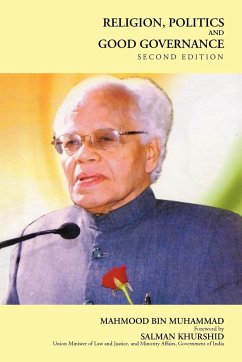
The Great Revivalists in American Religion, 1740-1944
The Careers and Theology of Jonathan Edwards, Charles Finney, Dwight Moody, Billy Sunday and Aimee Semple McPherson
Versandkostenfrei!
Versandfertig in 1-2 Wochen
59,99 €
inkl. MwSt.

PAYBACK Punkte
30 °P sammeln!
This book presents a historical and theological understanding of how and why Christian revivalism came to be what it is, mainly a series of ineffective meetings. The work shows how revivalism moved from the Edwardian emphasis on the amazing works of God, as the Puritans would have put it, to the "new methods" of Charles Finney and revival as the reasonable works of man as befits Jacksonian democracy. Later, D.L. Moody concentrated on methodology to such a degree that revivals became big business and the focus of the Gilded Age. With Billy Sunday, revivalism has lost all content and has become ...
This book presents a historical and theological understanding of how and why Christian revivalism came to be what it is, mainly a series of ineffective meetings. The work shows how revivalism moved from the Edwardian emphasis on the amazing works of God, as the Puritans would have put it, to the "new methods" of Charles Finney and revival as the reasonable works of man as befits Jacksonian democracy. Later, D.L. Moody concentrated on methodology to such a degree that revivals became big business and the focus of the Gilded Age. With Billy Sunday, revivalism has lost all content and has become nothing more than entertainment.












